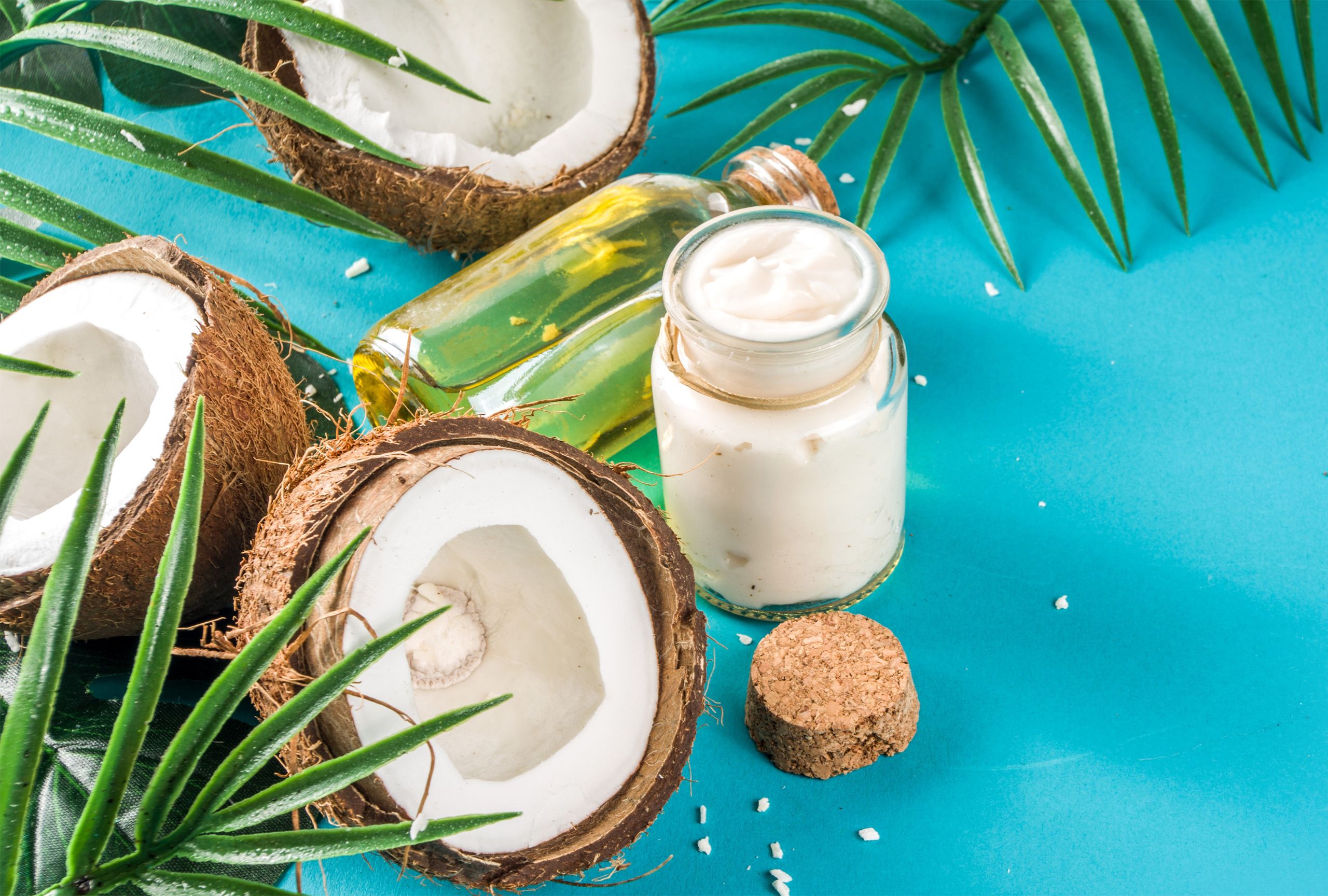
BIOPURE FS7
Odor Control, Hydrophilic Softener

What is BIOPURE FS7?
BIOPURE FS7 is a coconut oil-based hydrophilic softener designed to deliver exceptional softness, moisture wicking, and odor control to textiles. Its advanced formulation provides textiles with penetrating softness and a silky-smooth surface, its hydrophilic properties ensure moisture wicking performance, and has been designed to effectively adsorb odors to ensure long-lasting freshness. This innovative softener enhances the comfort and functionality of treated fabrics, offering a sustainable and plant-based alternative to conventional softener technologies.
Ideal for a wide range of applications, BIOPURE FS7 delivers consistent and reliable performance across various fabric and fiber-types. It provides equivalence in softness and superior moisture wicking performance compared to silicone-based softeners, it also provides advanced odor control properties that ensure textiles achieve the desired feel and functionality while maintaining environmental responsibility. BIOPURE FS7’s ability to balance softness, smoothness, odor control, and moisture wicking makes it an all-in-one solution that is a standout choice to surpass the comfort and performance-driven needs of the modern consumer that demand responsible solutions.
How it works
BIOPURE FS7 enhances textiles through its hydrophilic and absorbant nature, delivering exceptional softness, smoothness, odor control, and moisture management. This coconut oil-based softener works by bonding with textile fibers, using its slightly cationic nature to form strong, durable connections. These bonds are formed deep within the fiber structure, ensuring the moisture wicking, odor adsorption, and softening properties are both durable and effective through 40 washes.
The unique value of Coconut Oil among fats and oils:
-
It is a rich source of medium-chain fatty acids (MCFAs) that offer an optimal balance of hydrophilic and lipophilic properties which enables superior softening and moisture management performance.
-
Coconut oil exhibits excellent thermal stability, making it ideal for textile processing at low to moderate drying temperatures.
-
The uniform molecular structure of coconut oil-derived fatty acids ensures consistent application and performance in industrial processes.
-
Coconut oil can bond with both natural and synthetic fibers, providing a highly versatile solution for textiles while maintaining environmental responsibility.
-
Coconut oil is a naturally occurring, biodegradable, and renewable resource.
-
A regenerative agriculture program is currently in development that will provide further transparency and traceability to industries that source from farms in Southern India, while also improving and caring for the land, habitat, and local communities.
PERFORMANCE FEATURES
Penetrating Softness
Surface Smoothness
Moisture Wicking
Odor Control
DURABILITY
40 Home Launderings
APPLICATION METHODS
Padding
Exhaust
Spray
OPTIMAL FOR ALL FIBER-TYPES
Cellulosics (Cotton, Hemp, Linen, Wool)
Synthetics (Polyester, Nylon, etc.)
Man-Made Cellulosics (Viscose, Lyocell, etc.)
Blended and Recycled
SUSTAINABILITY
Coconut Oil Technology
69% Plant-based Content
100% Siloxane-Free
100% Renewable Energy (Manufacturing)
Zero Effluence (Manufacturing)
Coconut Oil
Our pioneering approach to sustainable textile chemicals is continued with our coconut oil-based technologies. The productivity of coconut trees in Southern India is generally high due to the favorable climate conditions and established farming practices. A hectare of land produces approximately 2,000 kilograms of coconut oil, annually.
The sandy and saline-rich soils of the coastal regions are well-suited for coconut cultivation, making effective use of land that is less suitable for other crops. The trees are grown in low-lying areas, on hill slopes, and marginal lands where it is less fertile for other crops. Coconut trees are tolerant of saline conditions and can grow in areas with brackish water, which reduces the need for irrigation. This is particularly beneficial when freshwater is limited. The extensive root system of coconut trees helps bind the soil, reducing erosion and maintaining soil health. This is particularly valuable across the coastal region, in the hills, low areas, and marginal lands that are prone to erosion.
In our manufacturing facilities, we use 100% renewable energy sourced from wind and solar. Through our state-of-the-art chemical manufacturing equipment, we reduce our environmental impact and maximize our efficiency.
Our coconut oil-based technology is meticulously developed to enhance the comfort and performance of textile products. We recognize the importance of considering the entire lifecycle of a product, from raw material to disposal. By utilizing sustainable ingredients and advanced engineering, we ensure that our products not only meet high-performance standards but also contribute to circularity, environmental wellbeing, and waste reduction efforts. The journey towards a sustainable and responsible future, is one that should not be tread alone. Together, we can achieve a goal of limiting climate change.

You may also be interested in the following products:
BIOPURE HS5 (Hydro Soft)
PERFORMANCE: Soft, Smooth, Moisture Wicking
RAW MATERIAL: Coconut Oil
BIO-CONTENT: 72%
A coconut oil-based technology that can be applied across all fiber-types, including: cotton, linen, polyester, nylon, and wool.
BIOPURE OC6 (Max Fresh)
PERFORMANCE: Non-Biocidal Odor Control
RAW MATERIAL: Castor Oil
BIO-CONTENT: 65%
Imparts optimal odor adsorption performance for all fiber-types, including: cotton, linen, polyester, nylon, and wool.
